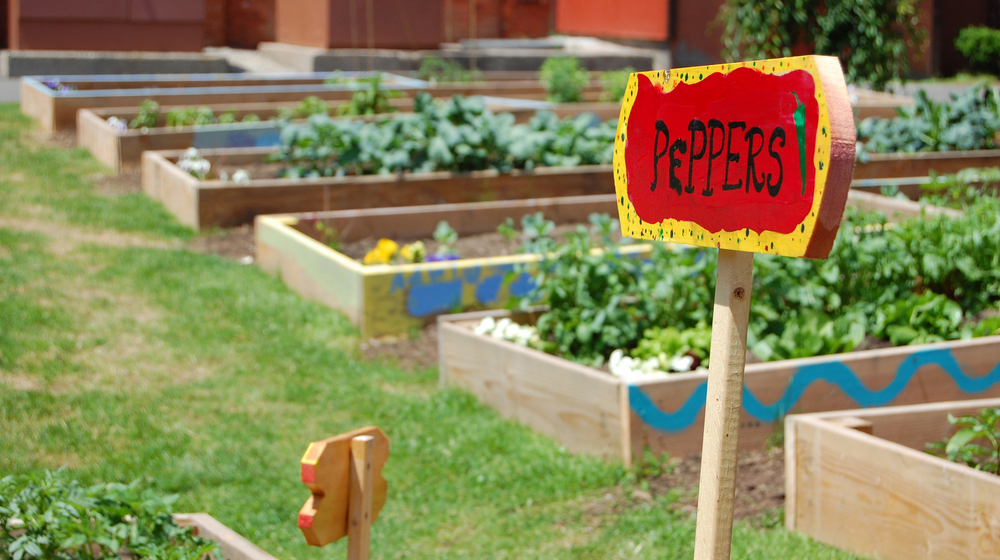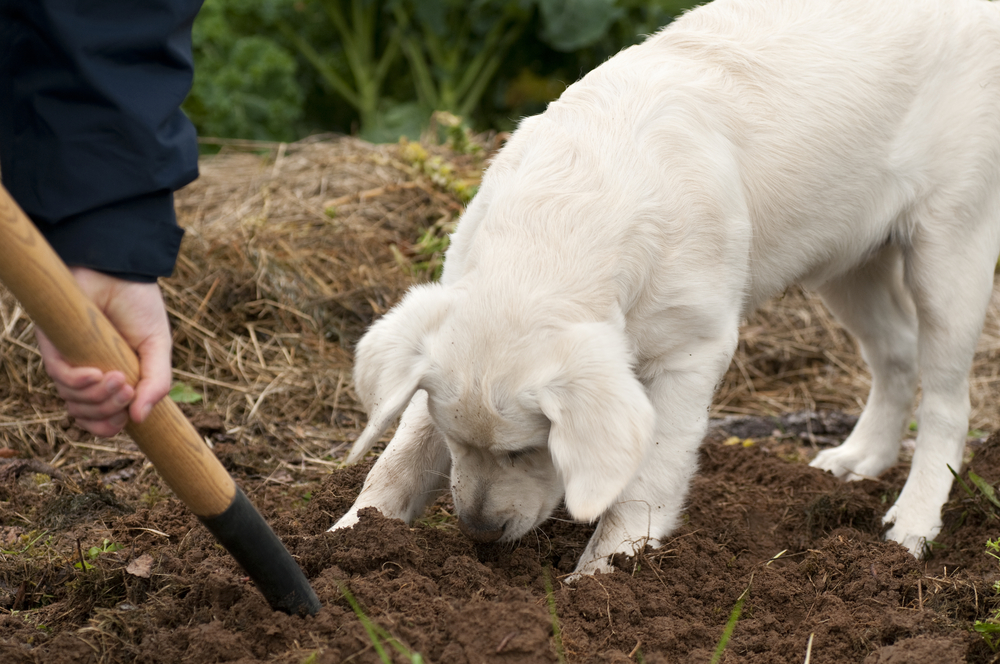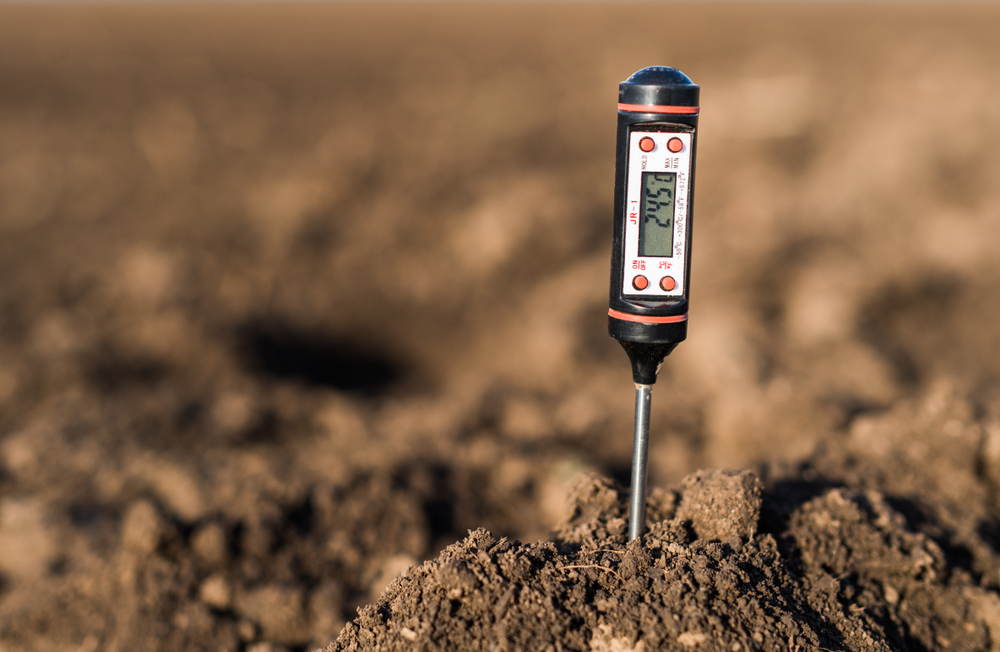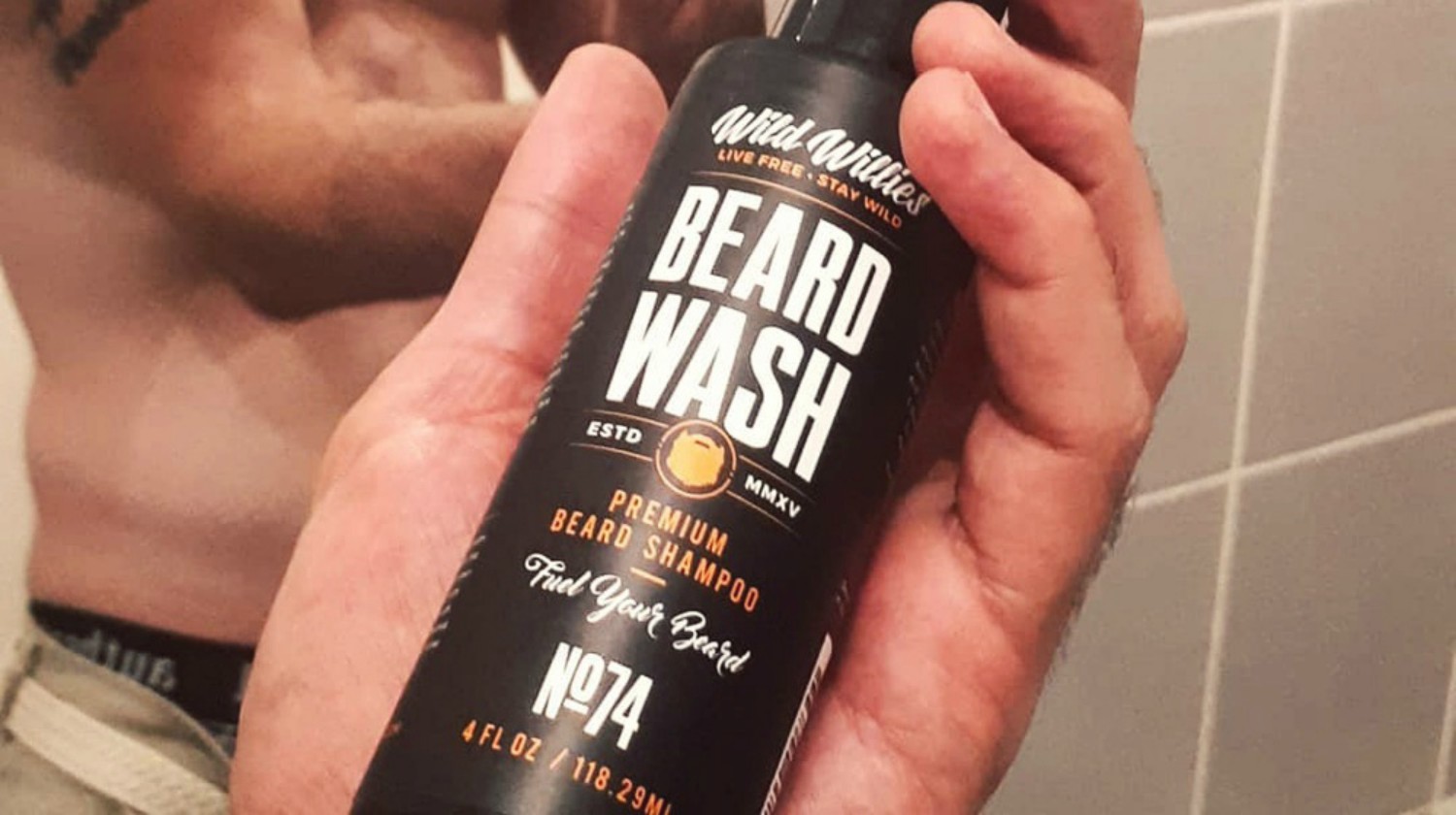Do It Yourself
7 Tips For Successful Urban Farming

Social media is littered with people playing in the dirt, planting things, and generally spending more time concerning homegrown food than ever before! This is great news.
Are you considering expanding your backyard garden or even upgrading to urban farming or homesteading?
Doing Urban Farming the Right Way
Urban homesteading is well within the grasp of most suburbanites and even some city living folks who have reasonable local governments.
If you are ready to take the growing of food on your property to the next level, check out these great tips for successful urban farming.
1. Establish Your Goals
What exactly are you farming for?
- Growing food
- Want to be self-sufficient
- Supplement our grocery bill
- Sell my food
If you don’t know your goals, it is very tough to understand what steps to take. You will be hamstrung, or your focus will be spoiled by the next exciting thing because you have no direction.
Choose one from the list above and then begin planning a garden that can help you meet that goal.
2. Soil Testing
An often-overlooked aspect of urban farming and gardening is the simple soil test. Getting your soil tested before your start growing can save you YEARS of failure.
There are all kinds of things that you can learn about your soil from a simple test. The PH of your soil most certainly affects how your plants grow.
Your PH is also extremely easy to affect by using simple soil amendments.
3. Keep Adding Perennials
View this post on Instagram
Though you might be into growing tomatoes, corn, potatoes and peppers and other tasty annuals, you should look into adding some perennials to your farm each year. If you add 3 food-producing perennials to your property each year, you will have 15 food-producing plants that need very little care in 5 years.
Here are some great perennials that can be planted in an urban setting:
- Horseradish
- Hardy Kiwi
- Goji Berry
- Asparagus
- Walking Onions
- Raspberry
- Sunchokes
4. Fight for Hens
Backyard hens are essential to a great urban farm. Hens not only lay incredible eggs for you, but they also poop. Yes, I said they also poop. Their droppings can be composted and made into incredible food for your plants.
Though your locality may not allow backyard hens, you can fight for this by addressing the zoning laws of your city or county.
5. Grow Up!
https://www.instagram.com/p/B8yL-Xdg54S/
You will always be tight on space. That is one of the biggest problems that you will face. In order to combat space, you should consider growing more upward using trellises and stakes. This can make your yield exponentially greater.
While vining plants like peas and green beans are a no brainer for the trellis, what about cantaloupes, zucchini, winter squash and pumpkins? All of these can be grown up rather than out. Start looking at your garden differently.
6. High Yield
In these small spaces, you want to make sure you are focusing on high yield plants. Only give your high-powered soil to those plants that produce lots of food from each plant. Things like broccoli and cabbage are great, but you only get one of them from their soil position.
If you really want to maximize yield go for the biggest producers. Plants like cucumbers, cherry tomatoes, green beans, squash, zucchini, and lettuce are all high yield. Be sure to include these to maximize your harvest.
7. Protect Your Investment

Even a small urban farm or garden is a massive investment of your time and money. You need to be sure that you protect that investment. If you aren’t careful kids, dogs and other animals can ravage your garden in a matter of hours.
Deer can eat your garden down to nubs in one night! You must be aware of all these things.
Fences and raised beds are the best ways to protect plants from being destroyed. One trick I have learned over the years is to cover seedlings and young plants with mason jars. As they grow, they can both enjoy a warmer spring environment while also being protected.
Urban Farming Is A Great Idea
Whether you are planning on growing more food so that you know what goes into that food, whether you want more self-reliance from the system, or simply because you know that the food system is getting a little shaky, an urban farm may not sound like a bad idea.
Simply raising some bees, chickens or even rabbits along with your vegetables and fruits will put you in a position where you are slowly but effectively pulling away from your dependence on supermarkets and the greater scheme.
There is something romantic about it all. Isn’t there? The idea of radical independence calls out to us as Americans. We are a rebellious lot. Dealing with the issues of today and the struggles brought on through this pandemic only heighten the desire of many to start their own urban farm.
Are you considering growing your own urban farm? We’d love to hear your thoughts in the comments section!
Up Next:
-

 Do It Yourself7 months ago
Do It Yourself7 months agoParacord Projects | 36 Cool Paracord Ideas For Your Paracord Survival Projects
-

 Do It Yourself9 months ago
Do It Yourself9 months agoHow To Make Paracord Survival Bracelets | DIY Survival Prepping
-

 Do It Yourself9 months ago
Do It Yourself9 months ago21 Home Remedies For Toothache Pain Relief
-

 Do It Yourself10 months ago
Do It Yourself10 months agoSurvival DIY: How To Melt Aluminum Cans For Casting
-

 Exports8 months ago
Exports8 months agoAre Switchblades Legal? Knife Laws By State








